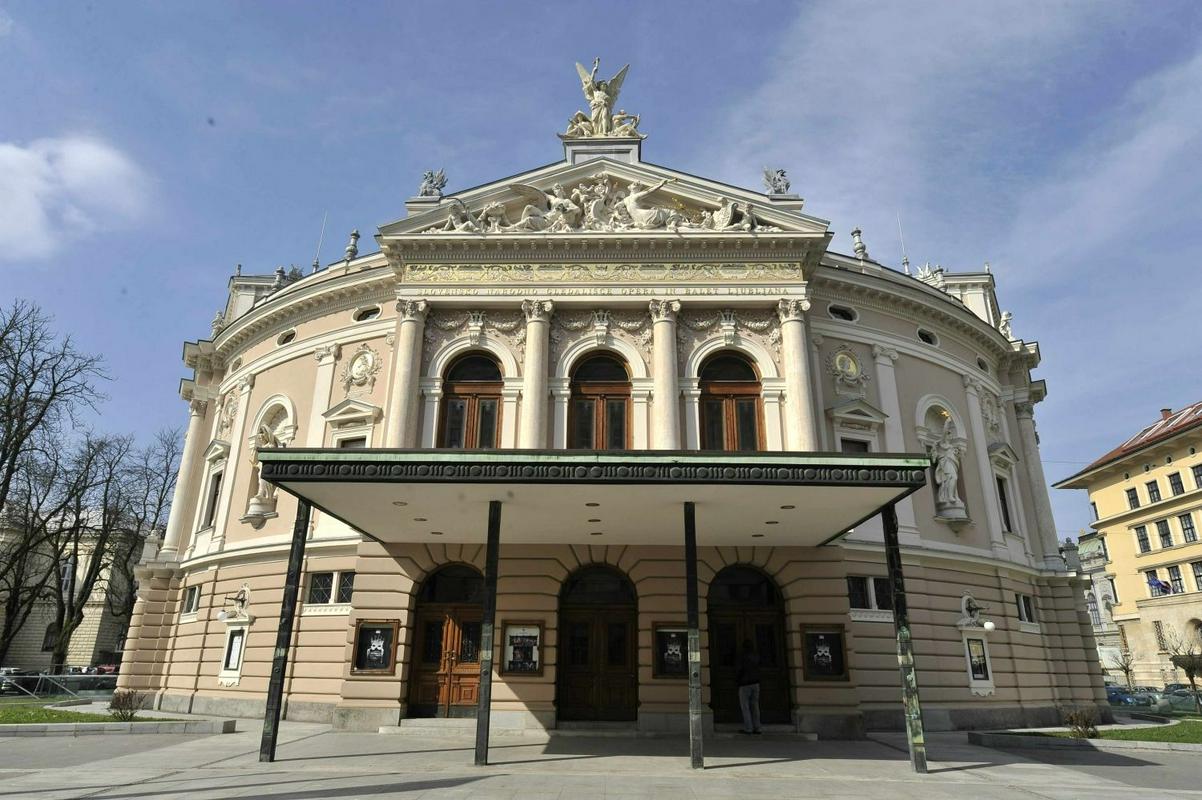
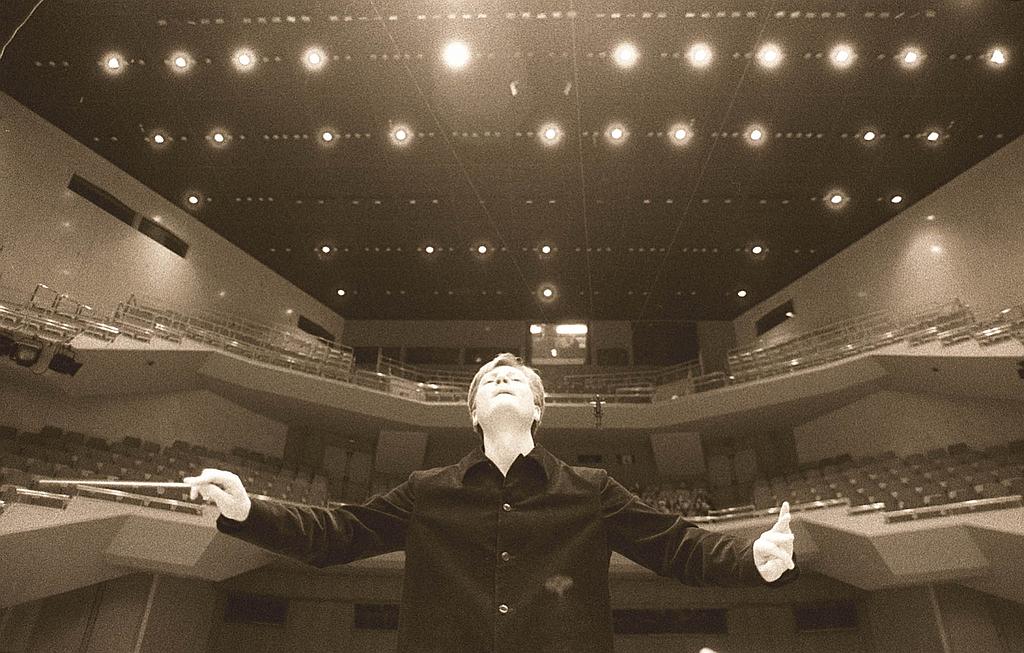
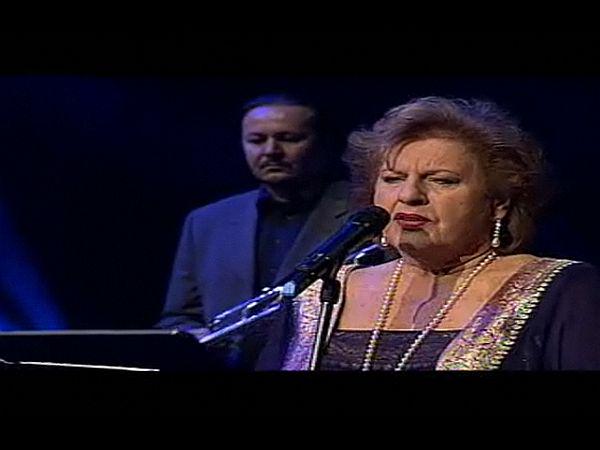
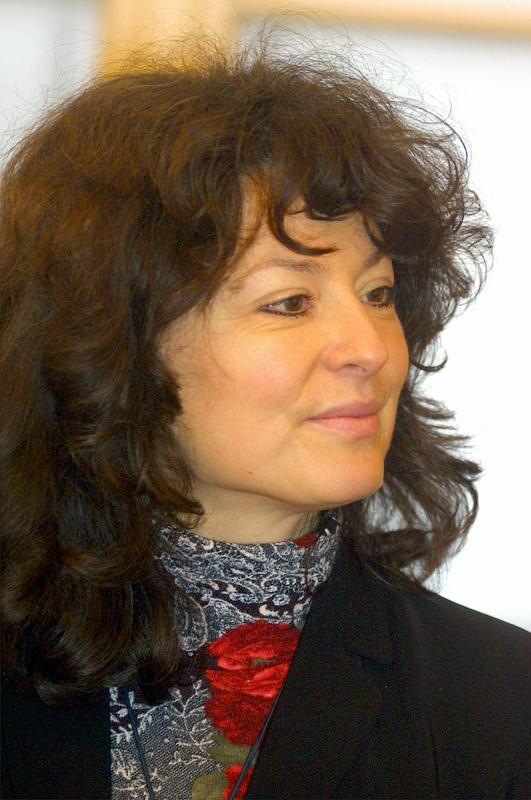
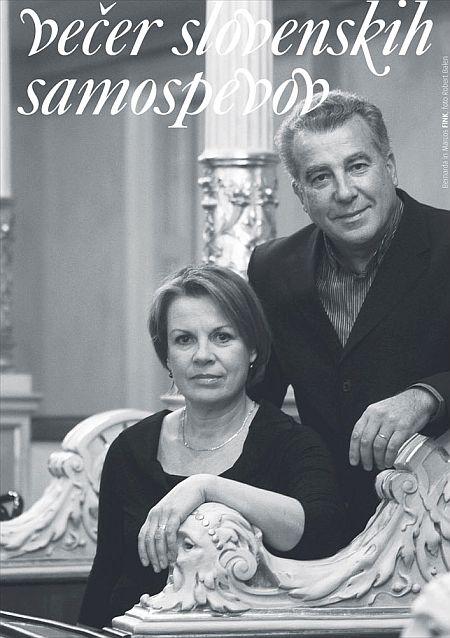
Ballet became operational (with its own ensemble and director) with its first premieres of opera and operetta in the autumn season of 1918/1919, and in the spring of 1919 with its first solo ballet premiere of Ugrabljena Evelina (Kidnapped Evelina). Some famous classical ballet creations were staged in the very first years of its existence, and its repertoire was also enriched with recent Slovenian works. So far, Ljubljana's audience could see a number of different ballet performances of the classical repertoire, including much newer creations by Slovenian and foreign choreographers.
Slovenian opera and ballet have always been closely associated with the culture of the Slovenian nation in the broadest sense of the word. The Slovenian opera house has made connections with the world and world-renowned artists, and contributed a number of artists who have significantly marked the environment of top musicians, singers and ballet dancers. The Slovenian opera has welcomed great composers, conductors, directors, choreographers and many others who have helped to shape the overall image of the opera and ballet in Slovenia. Opera and ballet were formed at a time when the whole of Europe was marked by great spiritual changes, when enlightened monarchs sought to make ambitious rearrangements of the state administration, when the self-confidence of the bourgeoisie grew rapidly, when science finally freed itself and when finding the joy of living in a current milieu became a priority. In that period, many theatre buildings were created in cities and noble residences throughout Europe.
Conductor Marko Letonja is a global interpreter
Slovenians are proud of some extraordinary opera artists who enjoy the admiration and recognition of the whole world. Here are just a few.
One of the most successful Slovenian conductors, Marko Letonja, has been gaining recognition in the wider international music scene since 1991, both in the field of opera and of concert music. He assumed the position of the chief conductor and artistic director of the Tasmanian Symphony Orchestra in 2012. He has performed in opera houses throughout Europe, Japan, the USA and Australia. Highlights of his illustrious career include concerts at the Vienna Festival with the local Symphony Orchestra, performances with the Orchestra of the Munich Philharmonics, the Symphony Orchestra Basel, as well as a production of the opera The Queen of Spades in the Geneva Grand Theatre, operas Nabucco at the Dresden opera house Semperoper, Vec Makropulos at La Scala in Milan and Wagner's The Ring of the Nibelung in Lisbon and Strasbourg. He is becoming a global interpreter of a very demanding opera repertoire. As he had already established himself at the La Scala Milan and the Vienna State Opera, he took over the management of the highly complex musical opera Medea (from 1797) by the Italian composer Luigi Cherubini on the stage of the Grand Theatre in Geneva, Switzerland.
What Letonja means to the international opera scene can be seen from the record of Wagner's The Ring of the Nibelung project on the stage of the National Rhine Opera in Strasbourg. The author concludes the record by saying that Letonja is the "Wagner conductor to be reckoned with". Within this project, Marko Letonja received many awards for his performance of the Twilight of the Gods from the Music Critics Association in 2011. Therefore, Marko Letonja's debut at the Vienna State Opera in 2013 was actually something predictable, something that had to happen in his professional career sooner or later. A splendid introduction to the Viennese audience with The Queen of Spades opened doors for his engagement in the following seasons, including the new production of The Tales of Hoffmann by Jacques Offenbach.
As described by the website of the opera house, he has been a world famous concert and opera conductor since 1991. He is the first Slovenian who has conducted the Vienna State Opera. On the question of whether music can change and improve the world, he responds: "Music, art, in general, must necessarily expand horizons and open and support a different view. But only the desire of people who are connected and focused on the community and its well-being can change it and improve it." Art is, in his words, bound to the time in which it originates, and it somehow mirrors it.
Marjana Lipovšek – superior mezzo-soprano singer
She was the first Slovenian to receive a gold medal in the Austrian capital for her contribution to cultural development and cultural image of the Land of Vienna. Although Austria has been her home for more than 40 years, she remains a conscious Slovenian and has always represented Slovenia around the world. "In my heart I'm always Slovenian, but Austria is an ideal place for a musician to live and create in. They wanted to change my name several times, but I insisted. It is the name of my father, my family; it is a wonderful Slovenian name. Then the whole world has got used to my name."
The internationally renowned Slovenian concert and opera singer (mezzo-soprano and alto) comes from the well-known Slovenian musical family. Marjana Lipovšek regularly performs with major orchestras such as the Vienna Philharmonic, Berlin Philharmonic, New York Philharmonic, Boston Symphony Orchestra, Israel Philharmonic Orchestra and collaborates with renowned conductors such as C. Abbado, N. Harnoncourt, W. Sawallisch, G. Solti and others. Her first performance as Delilah in the opera Samson and Delilah at the Bregenz Festival was a spectacular success. She gained her first stage experiences as a member of the State Opera ensemble in Vienna, and she later acted as a member of the Hamburg and Bavarian State Opera. In 1993, she received the honorary title "Bavarian chamber singer", and in May 1996 she received the honorary and professional title "chamber singer" for outstanding artistic achievements in Vienna. She also received the highest Slovenian award for culture – the Prešeren Award for her achievements.
Irena Grafenauer is one of the most distinguished flutists in the world
And the most internationally renowned Slovenian solo instrumentalist. She was awarded first prizes in international music competitions in Belgrade (1974), Geneva (1978) and Munich (1979). Between 1977 and 1987, she acted as the principal flutist for the famous Bavarian Radio Symphony Orchestra under the artistic direction of Rafael Kubelik and Sir Colin Davis. In 2005, she received the highest Slovenian cultural award, the Prešeren Award for Life Achievement. Since 1987, she has been teaching at the Salzburg Mozarteum, one of the most prestigious music academies, to which she was invited by the then Minister of Education.
She established herself throughout the world by winning the most demanding international competitions during the seventies of the last century in Belgrade, Geneva (she received a special award for the pursuance of all time periods, which had not been granted to anyone for 35 years!), and Munich, and since then performed at hundreds of concerts throughout Europe, the USA, South America, from the Pacific to the Atlantic, all the way to Korea, Japan, New Zealand and Australia. Her last performance in Slovenia was in the autumn of 2003 in the Gallus Hall, where she played one of the most difficult concertos for her instrument in the Golden Season Series and World Music Days with the Frankfurt Radio Symphony Orchestra, Jevtić's modernist Concerto No. 2 for Flute and String Orchestra. At the time, critics wrote that her playing was so brilliant and pure, and her tone so clear, that it bordered on perfection.
Bernarda Fink is one of the most successful Slovenian vocal interpreters
As the daughter of Slovenian parents, she began her musical education in her native Buenos Aires, but her professional path took her to Europe in the mid-80s of the last century. Her extensive repertoire ranges from early music to works by contemporary composers. As a vocalist, she regularly collaborates with many European orchestras, including the London Philharmonic Orchestra, the Vienna and Berlin Philharmonic, the Czech Philharmonic Orchestra, Royal Concertgebouw Orchestra and the National chapel in Dresden. She regularly performs in the major music centres, such as the Musikverein and Konzerthaus in Vienna, the Concertgebouw in Amsterdam and Wigmore Hall in London. She performed at the Royal Theatre in Brussels, Theatre of Champs-Elysees in Paris and Carnegie Hall in New York and many other concert halls around the world. She recorded more than 50 CDs with the record house Harmonia Mundi and Hyperion Records and was nominated, along with her brother Marko Fink and pianist Carmen Piazzini, for a Grammy music award in the category of best classical vocal performance. She has received numerous awards for her work, including the Austrian Honorary Order for Science and Art award in 2006 and in 2012 she was presented with the award of the Prešeren Fund.

































































